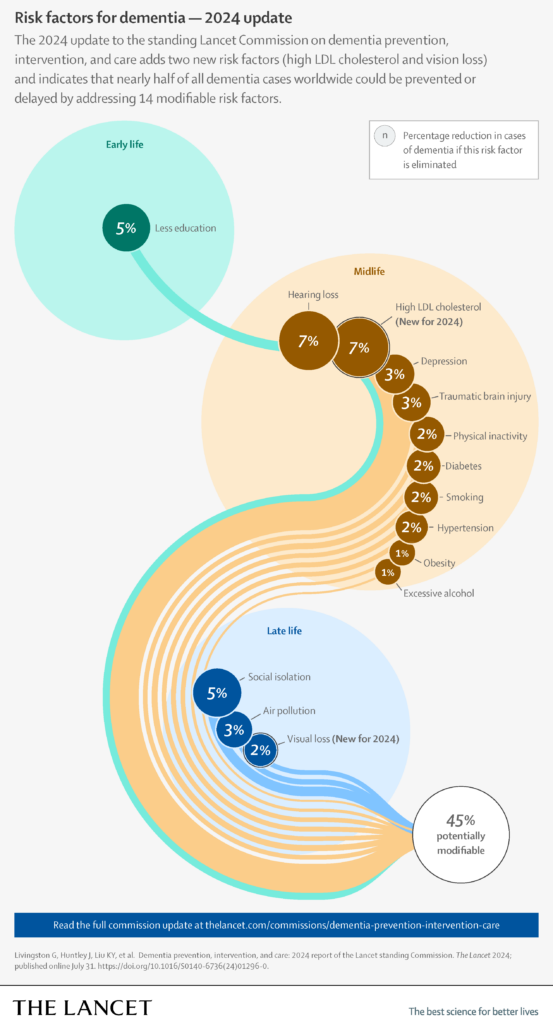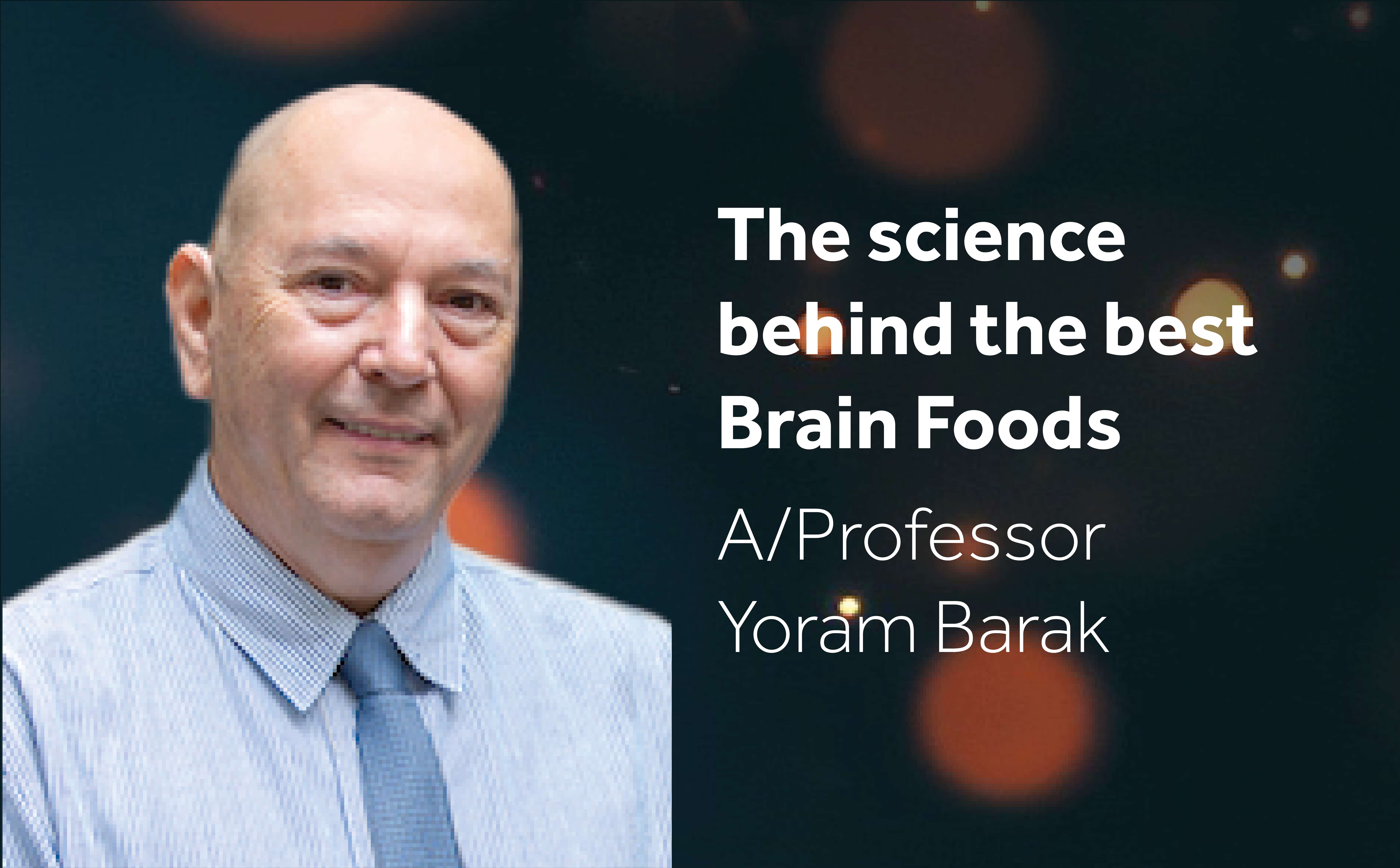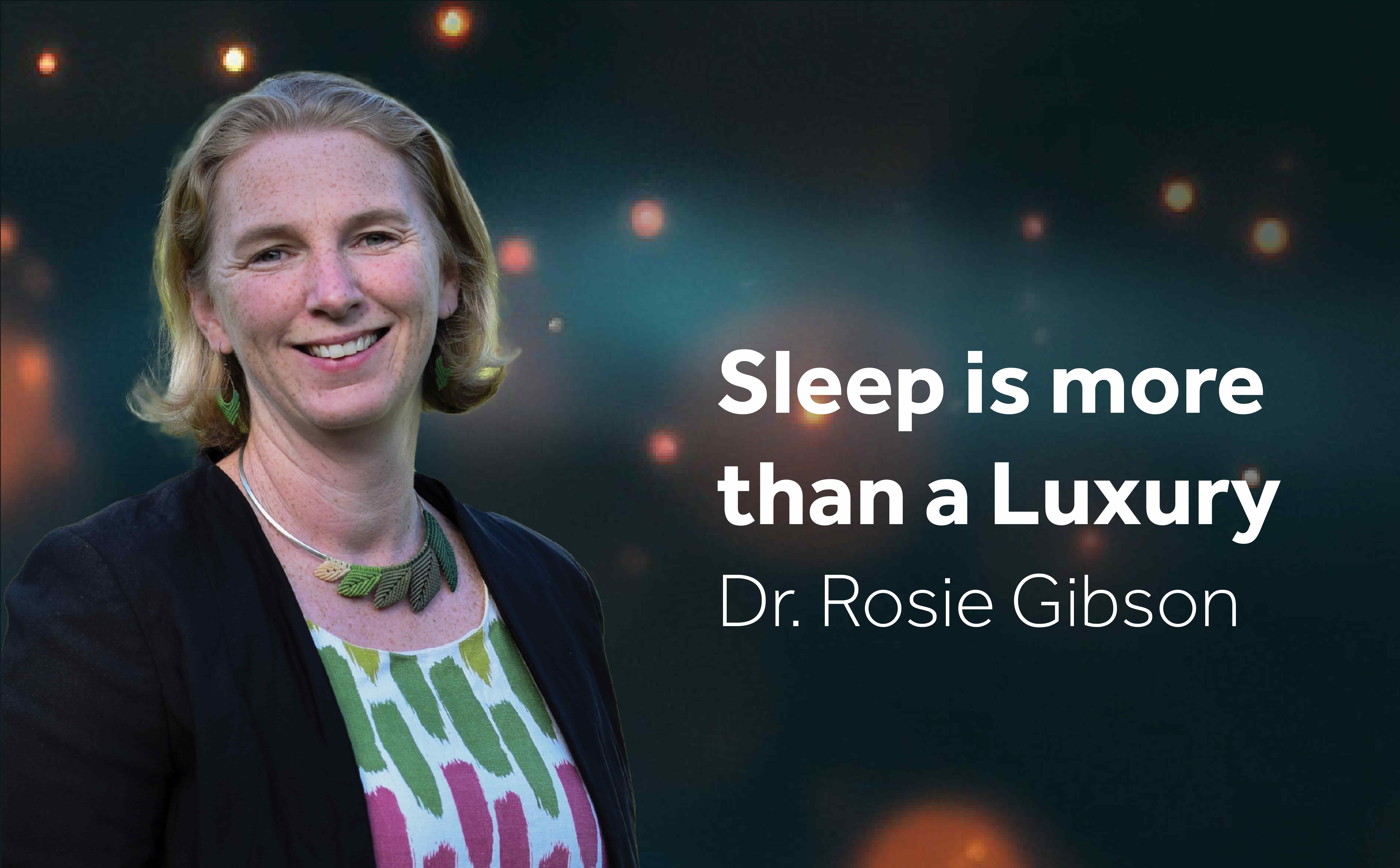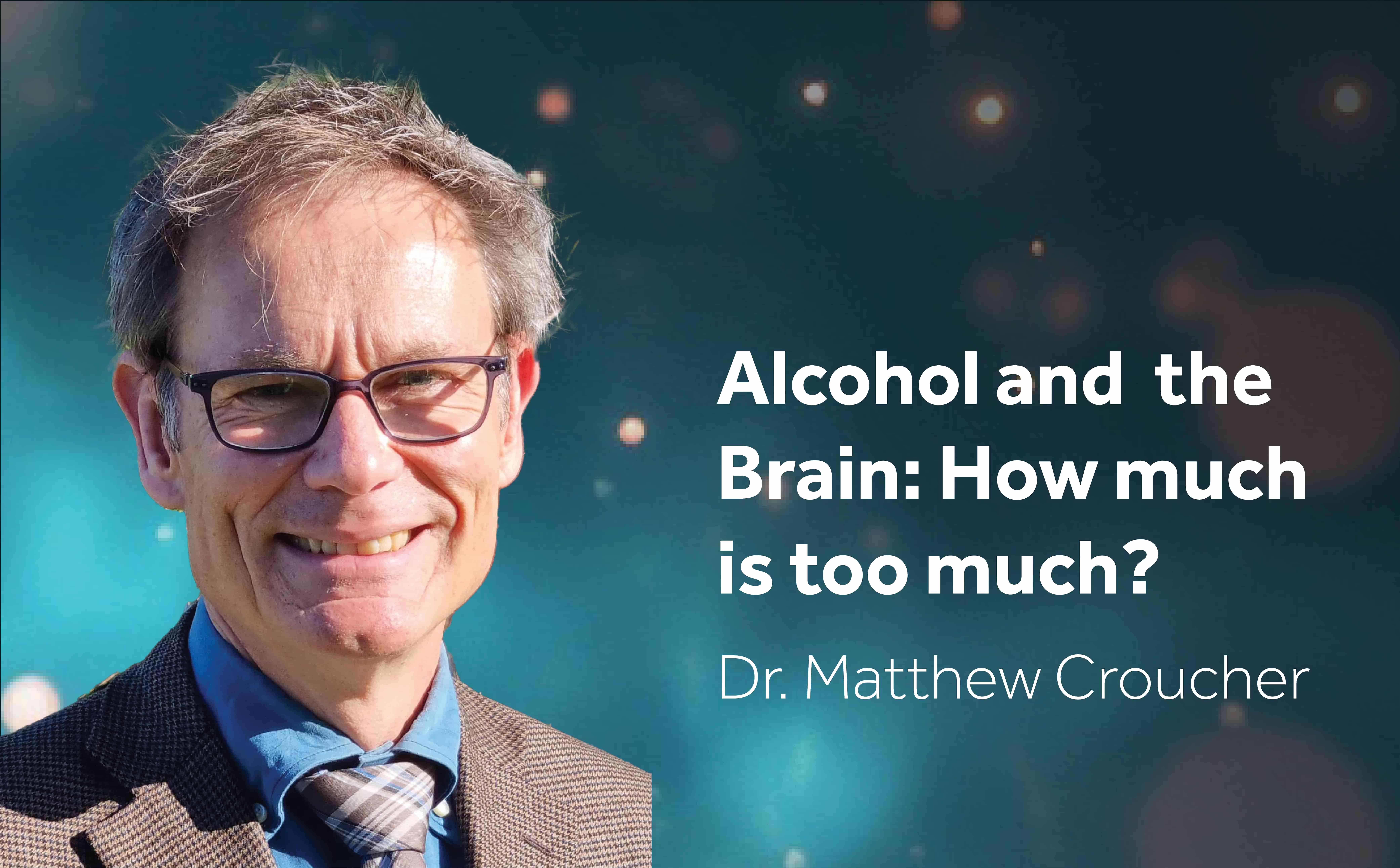Reduce the risk of dementia
The human brain is extraordinary. It powers our bodies, forms our thoughts and feelings, keeps us alive, makes sense of the world around us and dares to dream of the impossible.
But like any other human organ, it can be affected by illness, injury and age.
As we age, our risk of developing dementia | mate wareware increases. However, research shows that making healthy lifestyle choices can help reduce this risk. Staying physically active, eating a balanced diet, keeping your mind engaged, and maintaining social connections all play a vital role in supporting brain health.
Physical Exercise
The general rule is that what is good for the heart is good for the brain.
Exercise plays a vital role in maintaining brain health by boosting memory and cognitive performance through enhanced blood circulation and oxygen supply. It promotes the development of new brain cells, protects against age-related cognitive decline, lowers fall risk, and keeps you engaged with others.
Sleep
Sleep plays a major role in brain health. Good sleep helps you stay alert during the day and boosts your mood and thinking. It also helps you form and strengthen new memories and form new brain cells, and may play a role in clearing harmful toxins from your brain.
Reduce Risks
Alcohol and tobacco can both increase your risk of dementia and many other health problems.
Excessive alcohol consumption is a risk factor for cognitive decline and dementia, including younger onset dementia.
Smoking increases your risk of heart disease, stroke, cancer and dementia. There is no safe level of smoking.
Eat Well
What you eat directly impacts every aspect of your health. If you eat well, you have a healthier heart, body and mind. Try to eat something from each of the five food groups whenever you can. These include:
- Grains and cereals (preferably wholegrains) like bread, pasta, rice, quinoa, and polenta
- Vegetables, legumes and beans, in a variety of colours
- Fruit
- Dairy products (preferably low-fat) or dairy alternatives like oat, almond or soy
- Lean meats, poultry, fish, eggs, tofu, nuts and seeds.
Be Aware
Any drug you take interferes with the way your brain works and can directly damage its structure and functioning. Over time, that can lead to permanent changes in the brain. It’s these changes that can raise your risk of developing dementia.
Staying Socially Connected
A good social life helps us feel like we belong, like we’re connected to the world around us. That feeling of connection is protective: loneliness and depression are linked to a higher risk of cognitive decline.
Everyone’s social needs are different. Some people like a busy social life, others just need a little quality social time now and then. You know best what you need.
14 modifiable risk factors
Although we can’t change our genes or stop ageing, there are changes that we can make to reduce our risk of dementia, either lifestyle changes as individuals or wider changes across society. According to the Lancet Dementia Commission, 2020, approximately 40% of dementia worldwide can be prevented, or delayed, by attending to a range of lifestyle and protective factors. These risk factors are:
- less education
- hypertension
- hearing impairment
- smoking
- obesity
- depression
- physical inactivity
- diabetes
- infrequent social contact
- excessive alcohol intake
- head injury in mid-life
- exposure to air pollution in later life
- untreated vision loss
- high LDL cholesterol











